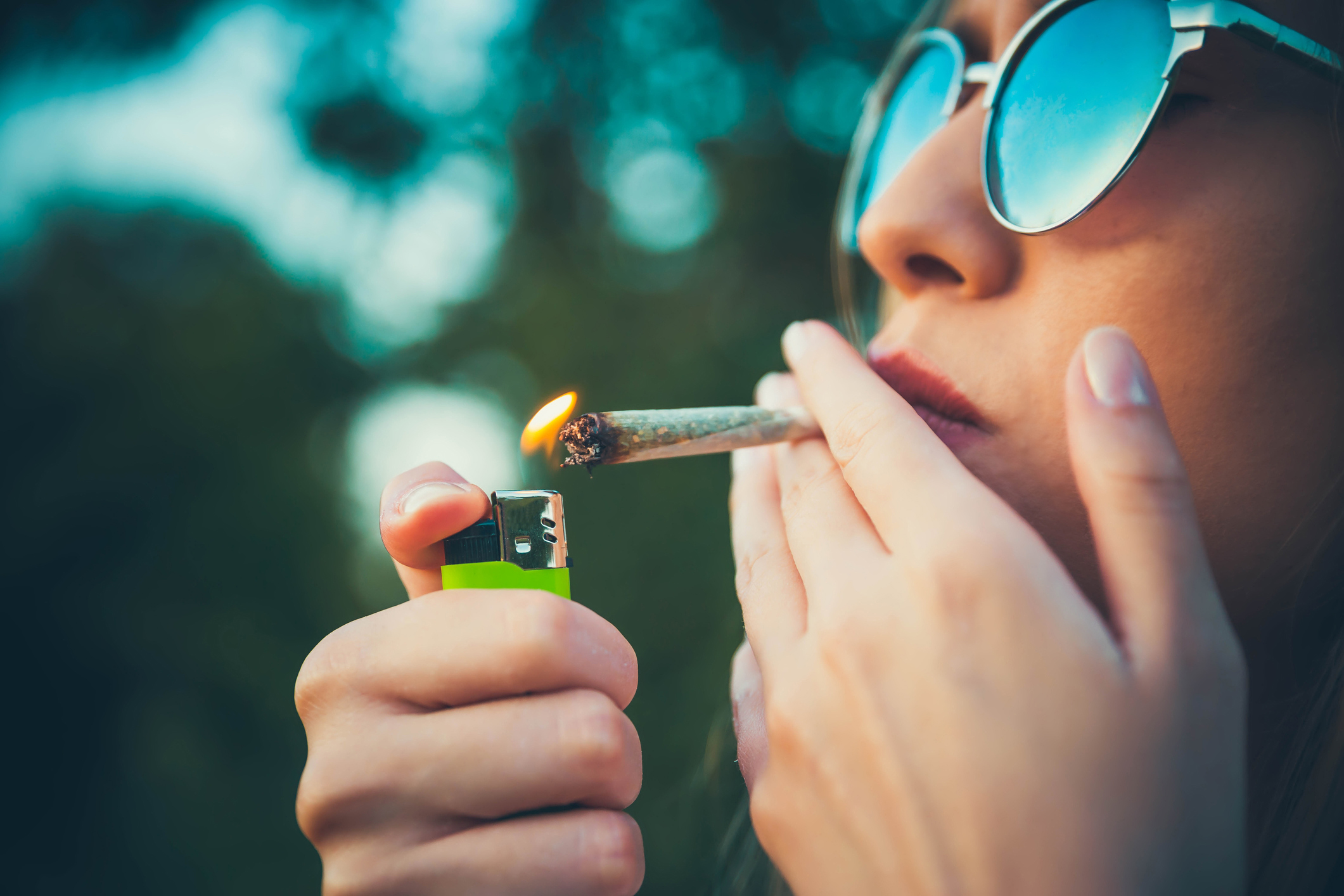
According to the National Institutes of Health, the year 2020 saw the highest use of marijuana on campus since 1980. Despite the combination of a record-breaking number of addicts and the current lack of research on the substance’s impacts, 25 states have fully legalized the drug. And while Texas isn’t one of those states, Texas A&M University is taking a more lenient approach.
An article from The Texan prior to the start of the fall semester reported that Texas A&M Police Department Chief Mike Johnson had announced a change in policy: Students who are caught with less than two ounces of marijuana and are deemed non-violent will no longer be immediately arrested. This new policy change was enacted to free up officers and reduce criminal offenses for out-of-state students.
Beyond the legality of recreational marijuana use becoming a hot topic in political and medical sectors across the country, Texas A&M neuroscientist Dr. Rachel Smith says it is important to recognize the impacts that recreational marijuana use can have on an individual’s physical and mental health. Smith, an assistant professor in the Department of Psychological and Brain Sciences, explains that the perceived benefits of ingesting marijuana go hand in hand with significant detriments to mental health and productivity.
“Anything that increases dopamine is known to be rewarding and can easily lead to addictions,” Smith added. “THC also creates a unique profile as compared to other drugs. Notably, it will cause cravings for eating and can also make you feel weak or make your heart pound because it’s activating many different systems at once.”
Once a regular recreational marijuana user becomes addicted, the negative impacts increase. Regular cannabis use that can develop into an addiction is oftentimes associated with poorer academic performance and health, according to a recent study from the Texas A&M School of Public Health.
Smith explained that regular marijuana use can increase a user’s risk of psychosis, suicidal ideations and substance-use disorders — especially in those who started using it at a young age.
“Marijuana is a unique drug because it stays in your system for quite a while,” Smith said. “That’s why drug tests can come up positive even weeks after its ingestion. As it is being slowly released, it can still have some lingering effects on cognitive abilities, so people who take it chronically do have more persistent problems, such as not being able to process information exactly the same as they would without it.”
The ongoing debate about whether or not marijuana should be legalized in Texas is one with many different sides and perspectives. Smith says one of the biggest questions when considering one’s stance is whether or not the legalization of recreational marijuana use can work as a catalyst for decreasing the amount of harmful addictions around campus.
“The states that are making it more legal are reporting increased rates of addiction,” Smith said. “The idea is that some forms of legalization are going to at least acknowledge that people use these drugs and that they can’t be necessarily controlled. Let’s try not to penalize people so much to where it begins to overflow the criminal justice system.”
